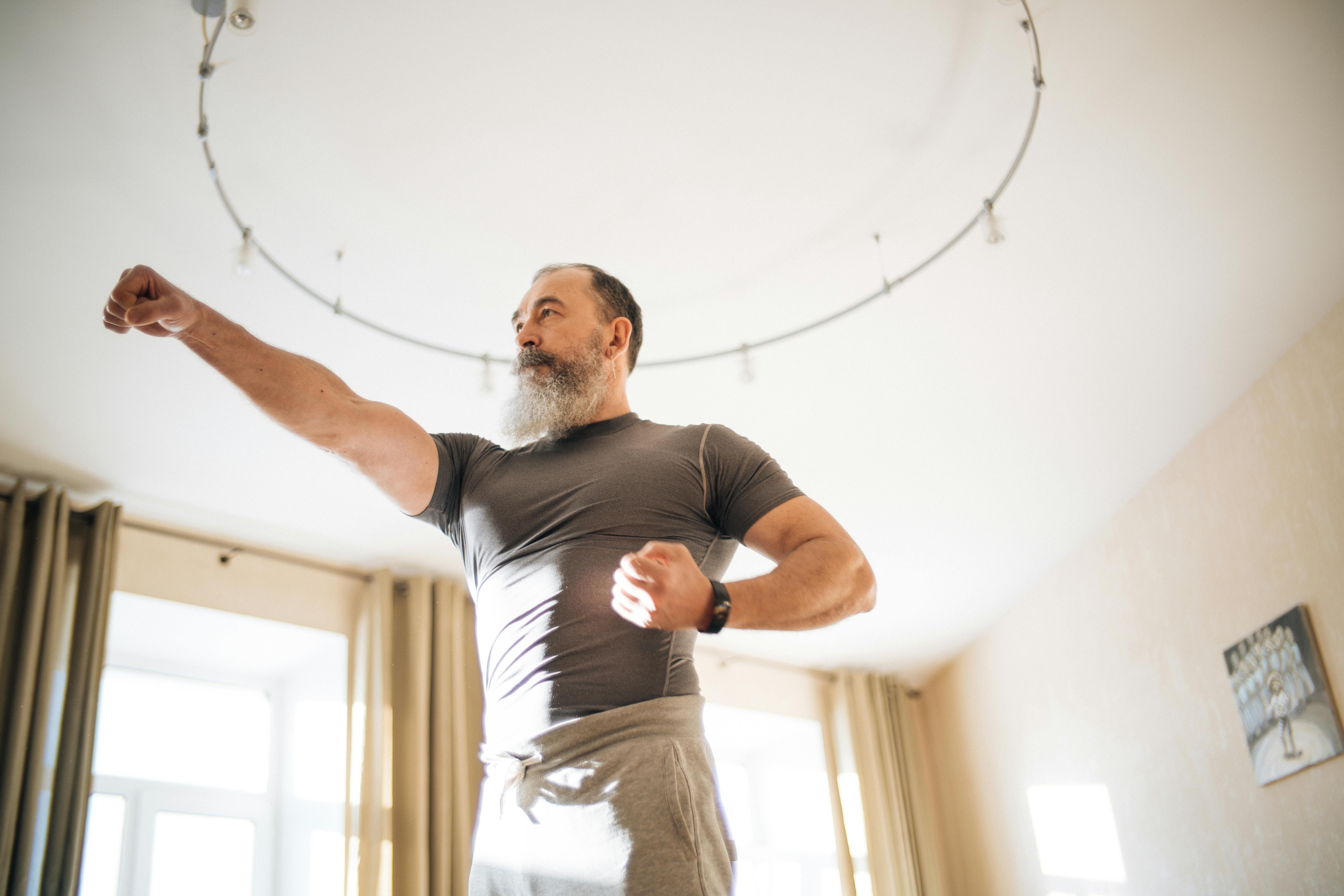Curcumin for Daily Mobility Support & Long-Term Wellness
Curcumin is a natural compound derived from turmeric and is widely used as part of daily wellness routines focused on mobility, flexibility, and maintaining a healthy inflammatory response.
- ✓ Developed for adults looking to support everyday movement and mobility
- ✓ Commonly used in wellness routines focused on joint comfort and flexibility
- ✓ Easy to incorporate into a daily routine alongside meals or other supplements
- ✓ Suitable for long-term, everyday use as part of a balanced lifestyle


Curcumin has been widely studied as a plant-based compound found in turmeric. Many adults include it in wellness routines focused on maintaining mobility and overall balance as part of healthy aging.
Daily consistency
Supplements are often taken at the same time each day to build routine.
Wellness-focused use
Used alongside balanced nutrition and movement-friendly habits.
Long-term mindset
Wellness routines focus on consistency rather than quick changes.
Is this a medication?
No. Curcumin is a dietary supplement intended to support general wellness.
Does this page promise specific results?
No. Individual outcomes vary and depend on lifestyle factors.
Who should consult a professional?
Anyone with medical conditions or who takes medications should consult a healthcare professional.
Where can I purchase?
Purchases are completed securely on Amazon via the buttons on this page.